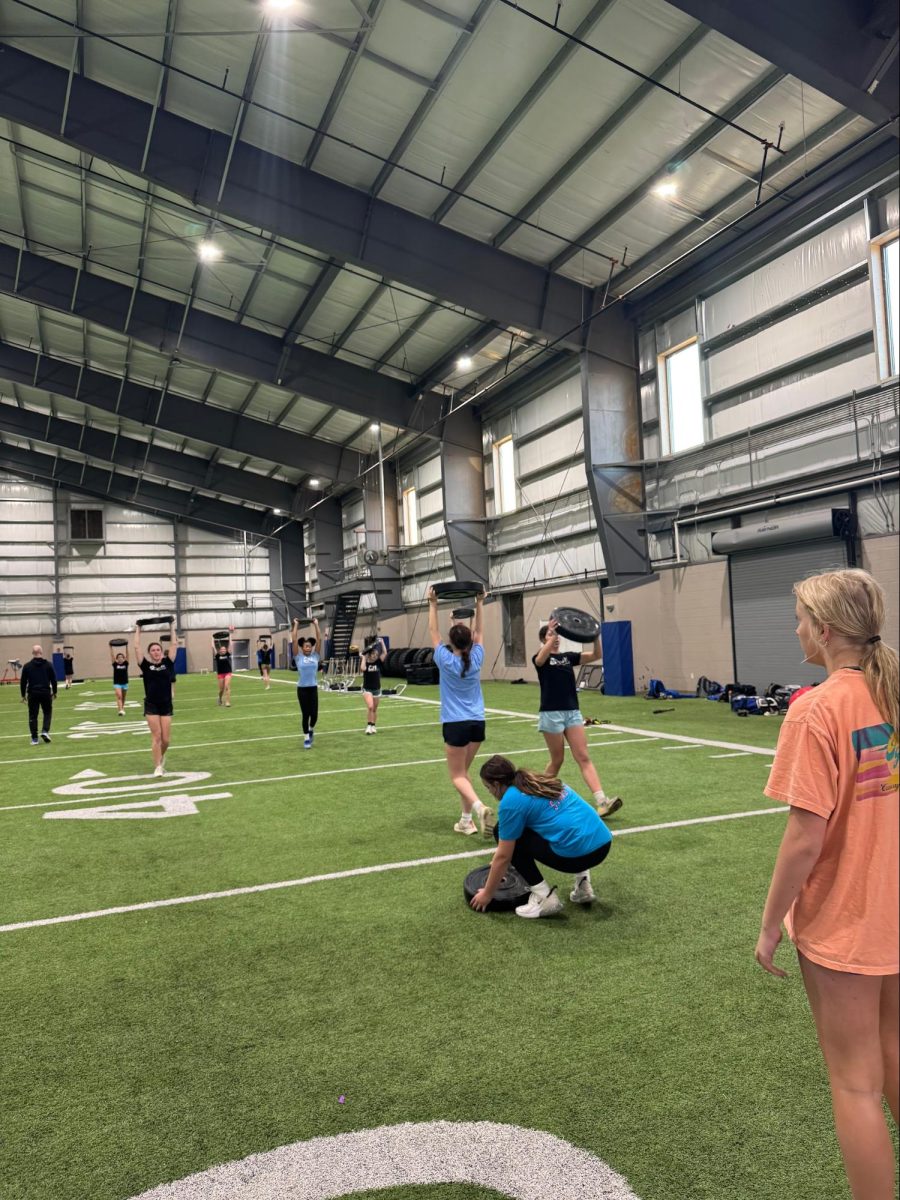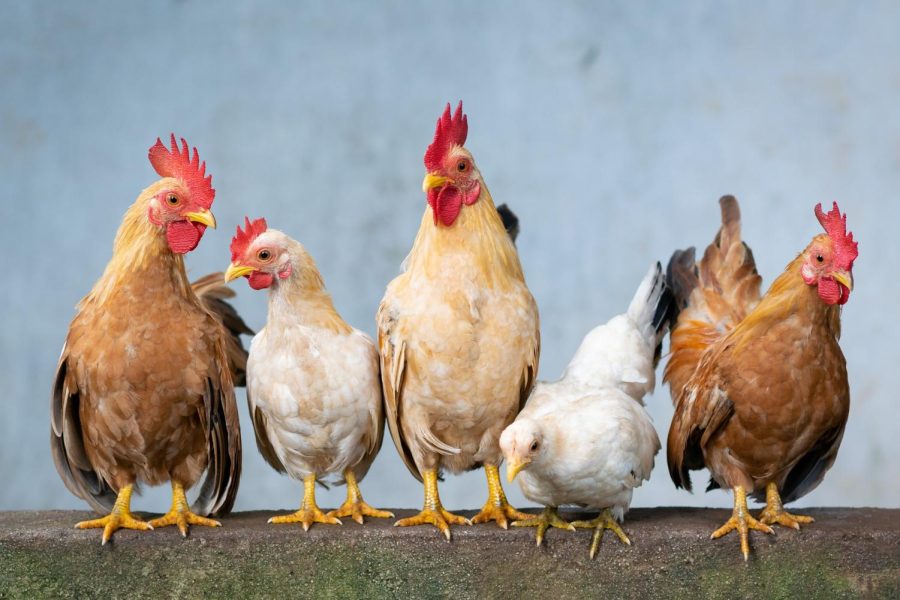In Defense of Small Farmers
Image from Pixabay
March 26, 2023
Within Arkansas, the top four firms hold 87% of the entire state’s poultry production. Economists have stated that if these top four firms hold more than 40%, then farmers, consumers, workers, and small businesses suffer. Solutions must be created to protect Arkansas local farmers because as large poultry producers outperform small farms, the state is losing the benefits of local farming at a statewide and individual level.
First, large poultry businesses forcing the closure of small farms takes away the statewide benefits of small farms. It was found by the Guardian that Tyson alone holds over half of all processing plants within the state of Arkansas, leaving small farmers with little competitive opportunities. Large firms have been able to close these small poultry farms due to the complex contracting systems they hold leading to the closure and consolidation of small poultry farms. These small farms, however, must be protected because of the benefits they provide Arkansans. According to the USDA, one million dollars in sales in local food markets supports thirteen jobs, as opposed to only three jobs in markets without a local or regional food focus. Even further, modest public support for up to 500 farmers markets each year could create as many as 13,500 jobs over a five year period according to a report by the Union of Concerned Scientists. Small farms also promote the health of the American people. They do this by providing foods that are not as processed and do not contain as many GMOs, hormones, or antibiotics Furthermore, local businesses pay local taxes in contrast to corporations that do not pay local or state taxes on their profits.
Second, the working conditions of big firm’s poultry plants have decreased significantly as small farms are put out of business under the poultry monopoly, whereas small businesses provide a better work environment to the individual worker. It was found that Tyson has been curbing wages and breaks for its plant employees, and they have even introduced a points based punishment system- pressuring fearful employees to work when they are sick or injured. Not only are the working conditions detrimental, but so are the wages. Employees who have been working with large companies for over 20 years are not even making $14 an hour. This directly contrasts small businesses. Small farms allow people to have autonomy over their work and wages as well supporting the local communities. This is because small business workers have direct access to decision makers, there is workplace flexibility and understanding- contrasting to Arkansans coming to work even when they are injured- employees are able to create personal relationships with coworkers. Even more, channels of communication are more open between workers in small businesses, thus increasing the opportunities for advancement within businesses.
Small farms in Arkansas that benefit their community have been closing at an alarming rate. It is imperative we take action in support of these farms and in aiding their pursuits in order to protect not only the entrepreneurs of the state but the everyday taxpayer losing the benefits small farms provide. We must find solutions that will reduce land tax, increasing the amount small poultry farms save, allowing them to flourish. Small farms benefit local communities as they generate revenue which is later converted to local taxes, therefore feeding the local economy.

























